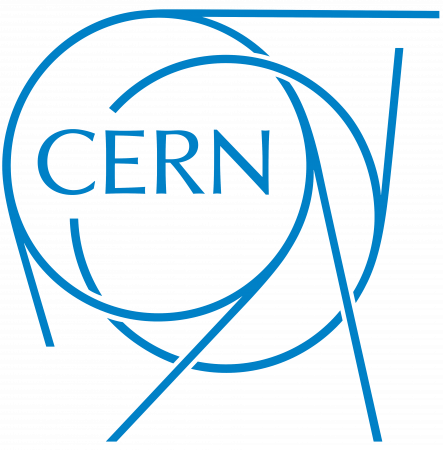
Welcome to the New Trends in High-Energy and Low-x Physics Conference, a dynamic and interdisciplinary in person gathering at the forefront of innovation and exploration in high-energy (astro)particle and nuclear physics. This conference serves as a platform for in-depth discussions on the latest trends and challenges shaping the landscape of high-energy physics, bringing together a diverse community of researchers, experts, and enthusiasts students.
Conference Focus:
New Trends in High-Energy and Low-x Physics is dedicated to exploring cutting-edge developments in high-energy physics, with a specific focus on:
- Physics at the LHC
- The Standard Model and beyond; neutrino physics
- Elastic and diffractive scattering of hadrons and nuclei
- Spin & polarization
- Deep inelastic scattering and multiparticle dynamics
- Nuclear matter at extreme conditions; physics at NICA and FAIR
- Advances in quantum field theory, confinement, condensed matter
- Non-accelerator physics, cosmic rays
- Astroparticle physics, gravitation and cosmology
- Computing for Large Scale Accelerator Facilities
- New detector, data analyses technique and nuclear safety
- Heavy Ion physics at LHC and EIC
- Low-x , PDFs and Handronic final states
- QCD and Saturation
Whether you are a experienced scientist, researcher, or an emerging scholar, this conference provides a unique opportunity to engage in stimulating discussions, share groundbreaking research, and stay abreast of the latest advancements in these topics.
The conference will be exclusively IN-PERSON.
The Conference is organized by the University of Kansas, the University of Bucharest, supported also by:




